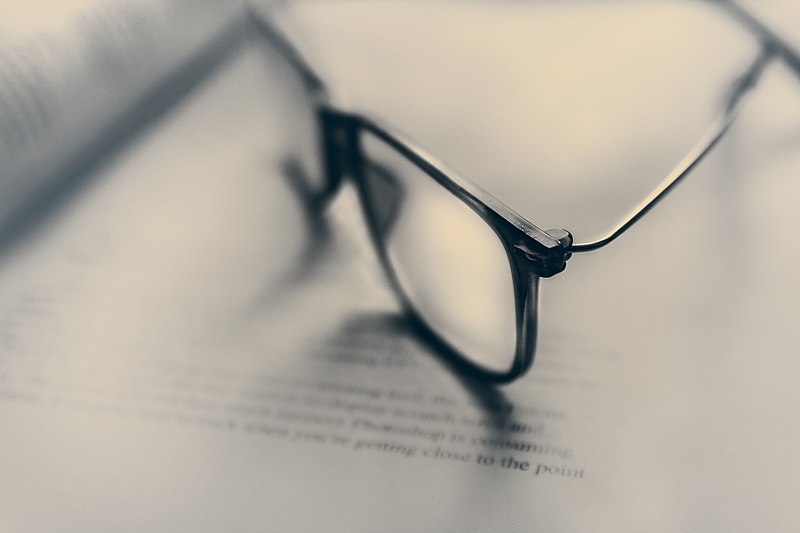E-Evidence: trilogues kick off on safeguards vs. efficiency
The Regulation on European production and preservation orders for electronic evidence in criminal matters (E-Evidence) aims to create clear rules on how a judicial authority in one Member State can request electronic evidence from a service provider in another Member State. One such use case would be requesting user data from a platform in another EU country during an investigation. We wrote about our main issues in the past.
What Wikimedia worries about
At Wikimedia we were originally worried mainly about a new data category – access data. This would mean that prosecutors would be able to demand information such as IP addresses, date and time of use, and the “interface” accessed, without judicial oversight. In the Wikipedia context, however, this information would also reveal which articles a user has read and which images she has looked at.
The second aspect we care about is whether the service provider’s hosting country’s authority will have the right to intervene in some cases where fundamental rights of its citizens are concerned. We know that unfortunately not all EU Member States have good rule of law records, which calls for safeguards at least against potential systemic abuse. Again, knowing which Wikipedia articles or which Wikimedia Commons images someone opened is information that should be hard to get and only in rare and well justified cases.
Read More »E-Evidence: trilogues kick off on safeguards vs. efficiency









